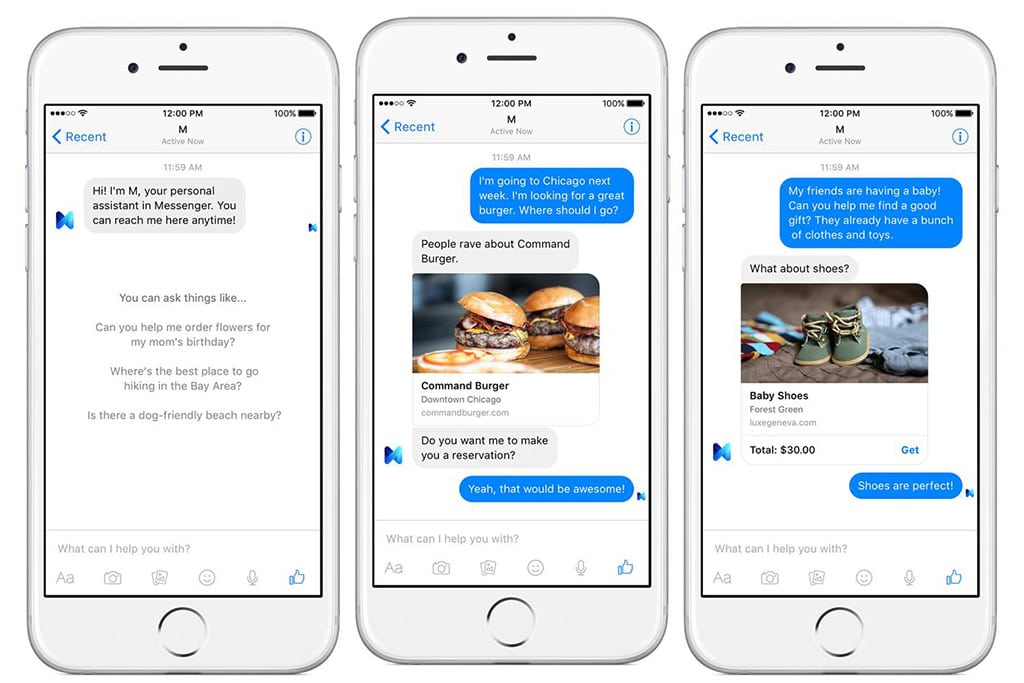Skift Take
If you haven't paid attention to the digital marketing news all week, now you can get what you need to know in just a few minutes. You're welcome.
Welcome to the first edition of Skift’s digital travel marketing roundup, a weekly roundup of the most important digital marketing trends, marketing technology and ad campaigns making headlines this week with travel marketers.
This inaugural edition leads with a story from The Wall Street Journal, which reports this week on the growing embrace of ad blocking technology by consumers and tech firms, a trend which could have severe repercussions for anyone spending digital ad dollars online. For the full range of stories that caught our attention this week, take a look below
Digital Travel Marketers Facing Ad Blocking Threat
According to a report (paywall) by The Wall Street Journal, around 6% (200 million) of global internet users rely on ad blockers while browsing the web. The WSJ story highlights the growing concern from digital marketers about the technology, a concern which is increasing as Apple enables ad blocking capabilities in its popular Safari browser for the impending iOS 9 software release. Not all travel marketers may yet realize the implications of ad blocking technology, but the embrace of these tools by a growing cohort of consumers has the potential to render millions of digital advertising dollars useless or severely limit their effectiveness, creating headaches for travel brands and media agencies.
Facebook Launches Assistant Tool with Travel Booking Functionality
Buried in the news that Facebook’s Messenger service would soon gain a Siri-like personal assistant function, called “M,” were details that the company planned to let users book travel through the service. According to Facebook Messenger executive Dave Marcus, “M can actually complete tasks on your behalf. It can purchase items, get gifts delivered to your loved ones, book restaurants, travel arrangements, appointments and way more.” While mobile-focused personal assistants like Google’s Now product, Apple’s Siri, Microsoft’s Cortana and Facebook’s M may seem like gimmicks for now, consumer use of such tools is on the rise thanks to increasing reliance on mobile devices for search queries. Global-minded travel marketers need only look to China’s wildly popular WeChat service, which consumers use to book anything from taxis to hotels to flights, to get a sense of how this might play out for US travel booking habits in the future.
Instagram Ads See Strong Initial Performance
Instagram is already a wildly popular platform for travelers and travel marketers alike, and the service has pushed ahead with an expansion of its ad platform capabilities this year. So far, according to initial reports, the ads are seeing strong performance. According to one ad tech firm which helps clients place ads on the service, Instagram ads are “highly efficient” with an average $3 CPM, or 2 cents per view. As with any new ad platform rollout, initial results for new ad products are always strong as consumers “kick the tires” out of curiosity and novelty. Whether these numbers will continue to hold up as Instagram users grow accustomed to more advertising, and more advertisers, on the service remains to be seen.
Hotels Explore New Options in Ongoing Direct Booking Battle
As the New York Times reports this week, a number of hotel chains including Hyatt, Hilton and Marriott are exploring new options in the seemingly endless tit-for-tat digital booking struggle between suppliers and online booking giants Priceline and Expedia. While hotels often cannot undercut the prices they set on online travel sites due to rate-parity agreements, hotels are trying out a variety of new tactics, including an option for online room selection and check-in, more advertising campaigns encouraging direct booking and even denying loyalty program points to those who don’t book direct. Like a never-ending game of chess, the digital booking battle between hotels (and increasingly airlines like Lufthansa) and third-party booking partners appears to be just getting started.
Marriott Withdraws Ad From Controversial Direct Booking Ad Campaign
On a related note, Marriott, which debuted a YouTube-focused ad campaign this past August encouraging consumers to book its hotels directly on the Marriott website, has withdrawn an ad from the campaign following growing protests from the American Society of Travel Agents. The controversial campaign is just the latest salvo in an ongoing war of words between hotel brands, who hope to reduce fees by encouraging travelers to make reservations directly with the hotel and third-parties like travel agents and booking websites, which have long been the de facto clearinghouse for many travel transactions.
New Study Finds Most Google Searchers Don’t Make it Past the First Page
When running paid search campaigns, travel marketers have long suspected that bidding on anything other than the top several results. A new study confirms this suspicion, finding that just over 50% of searchers only look at the first page of Google results, while another 36% make it to just 2 or 3 pages. Anyone who spends digital ad dollars on search advertising should keep these findings in mind to optimize spending.
The Daily Newsletter
Our daily coverage of the global travel industry. Written by editors and analysts from across Skift’s brands.
Have a confidential tip for Skift? Get in touch
Tags: facebook, hilton, hyatt, instagram, ios, marriott
Photo credit: Facebook's new assistant tool helps users book, shop, and make reservations directly through the app. Facebook
